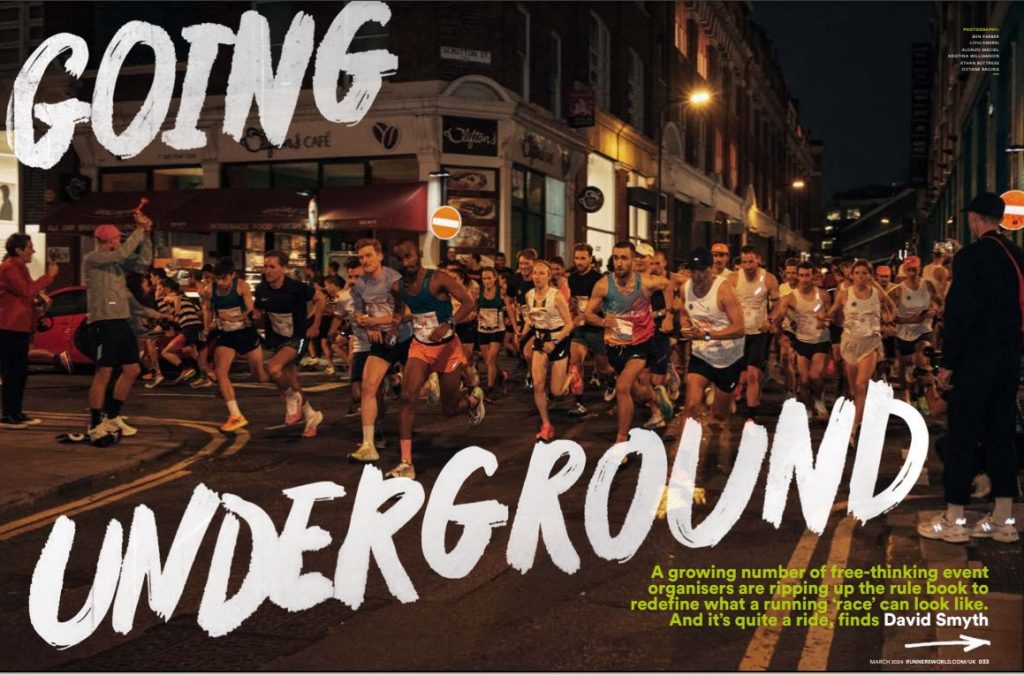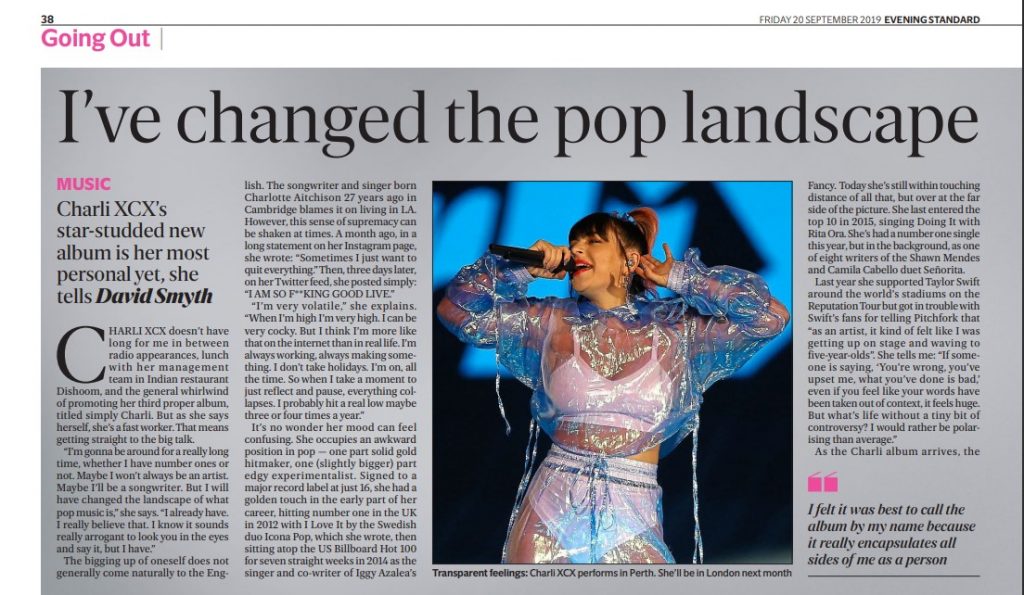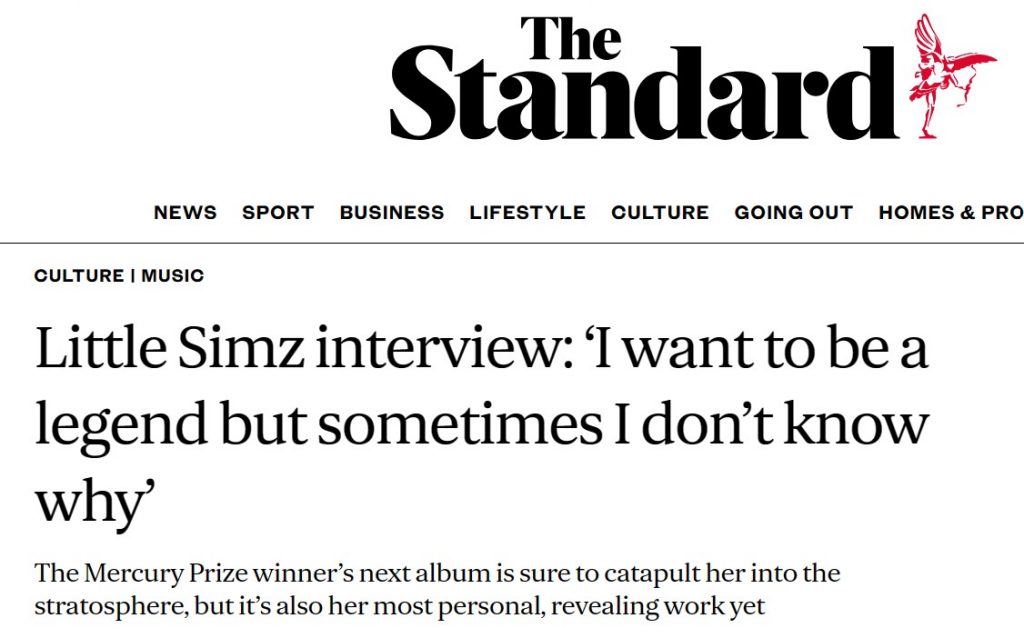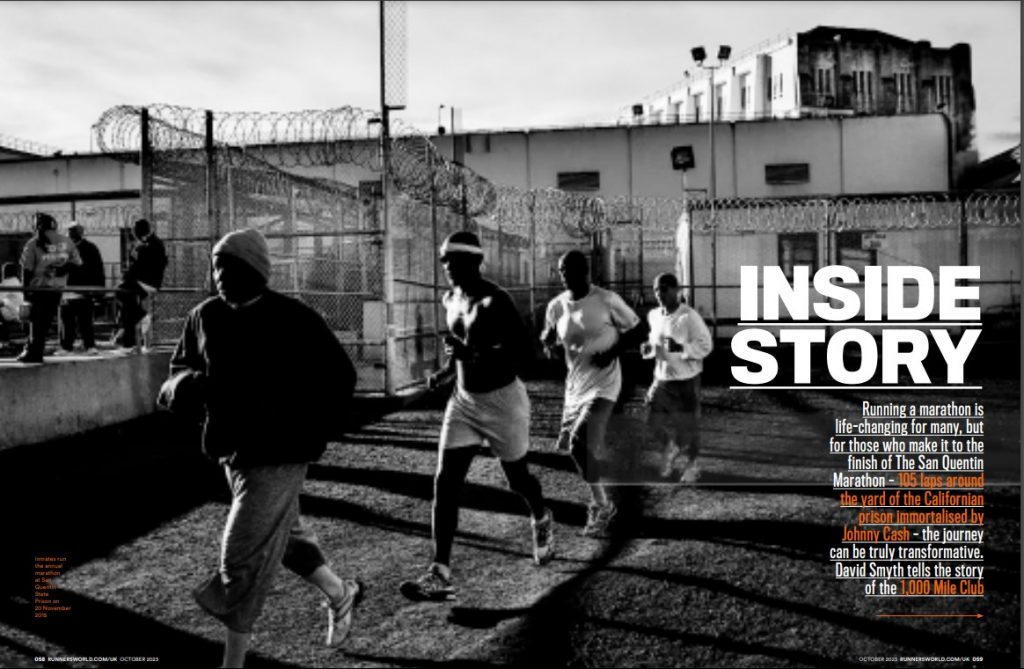The Southbank’s Meltdown festival is upon us, and Ray Davies is the latest legend to curate a prestigious 10 days of rock, jazz and spoken word events.
Not previously noted as a talent spotter (last year’s See My Friends album featured such bright young things as Bon Jovi and Metallica), Davies has nonetheless displayed impeccable taste by booking 28-year-old singer-guitarist Anna Calvi – an intimidatingly promising new star who is the walking embodiment of the Kinks song I’m Not Like Everybody Else. If you only catch one Meltdown show this year, make it hers.
An intense, smouldering stage presence with lashings of red lipstick, a male flamenco dancer’s shirt and a habit of referring to her music as her “art”, you can file her next to PJ Harvey if you must, but don’t call her a duplicate. Her self-titled debut album, released on esteemed indie label Domino earlier this year, was produced by Harvey’s bandmate Rob Ellis, and she recently supported Grinderman on tour – the fearsome side-project of Harvey’s ex, the similarly heavyweight Nick Cave.
What sets her apart is an intricate, reverb-heavy guitar sound that is powerful and varied enough to carry her entire live set, backed as she is by just a drummer and a harmonium-playing percussionist. Then there’s her mountainous, soaring singing voice, a mighty roar that makes me wonder what the polite little Putney girl I’m speaking to on the phone has done with Miss Calvi.
“Making music feels natural for me, so that enables me to be very strong when I’m on stage,” she tells me, attempting to explain how the bird-like girl giving short, pointed answers to my questions, and the stomping siren staring out her concert audience, are one and the same. “They’re just different sides to my character.”
What’s even more extraordinary about this bold bandleader is that until five years ago she had never sung a note – not even in the shower, she insists. “I always wished I could sing but I didn’t feel I had the personality for it. I had a really weird emotional thing about it. Couldn’t bring myself to do it at all.”
Yet the whisper-to-a-scream instrument that emerges on the forceful rocker Blackout and the Tarantino drama of I’ll Be Your Man is far from the apologetic work of an introvert. Displaying what seems to be a major Calvi character trait, once she did decide to give it a go she didn’t rest until she sounded incredible, practising for six hours a day in her parents’ attic after they went out to their work as hypnotherapists.
She was the same with her guitar, becoming “obsessed with it” at eight years old after seeing a video of Jimi Hendrix. Again, she taught herself, and the end result is an idiosyncratic playing style in which I can hear the moody twang of Chris Isaak and the overpowering virtuosity of Jeff Buckley, but most of all, Calvi herself.
“I want the guitar to be an extension of my voice,” she explains. “I like to imagine it’s something other than a guitar, like a piano or an orchestra. I try to carve different sounds out of it with my hands, not effects pedals.”
At the same time as she was forging her guitar into an extra limb, Calvi was also undertaking a conventional musical education, playing classical violin from the age of six and going on to perform in her university’s orchestra while studying for a degree in music at Southampton.
She played all the string parts on her album, but mostly seems to have suppressed this side of herself in favour of pure free creativity. “Having that knowledge of music theory does give you confidence but I don’t rely on theory at all to write songs. It’s an emotional thing for me.”
She has said before that she wants “to make the most uncommercial music I possibly can”, a statement that suggests deliberate unlistenability and rather underplays the thrilling appeal of Desire’s rush of a chorus and the operatic passion of The Devil.
“What I mean by uncommercial is a desire not to try to please anybody else,” she says. “I didn’t want to dilute the art.”
She’s right – there’s nothing softened about her sound, which couldn’t slink into the background if it tried. Celebrity converts are plentiful. Ray Davies can be added to a list of admirers that already includes Cave and a very hands-on Brian Eno. “He came down to a few sessions when we were mixing the album. It’s been great to have his advice and support.”
A summer loaded with festival appearances should increase her standing with the general public too.
Before then, though, if anyone’s going to cause Meltdown to melt down, it’s her.









